You probably noticed the recent rash of news stories, all with a similar headline: Apple intentionally slows iPhones! Such pieces resonated with you personally if you own an older iPhone and experienced the frustration of waiting for apps to activate or data to download.
What sparked the media firestorm? Two specific posts on the social media site Reddit were the main impetus. Through a set of before-and-after Geekbench tests to measure his iPhone 6’s processor speed, a user named “TeckFire” found that his phone became much faster after replacing the phone’s battery. His conclusion from the experience was that “Apple slows down phones when their battery gets too low, so you can still have a full days charge.”
He followed up his original post by later sharing what he said was “Apple’s official statement on the matter”:
“Our goal is to deliver the best experience for customers, which includes overall performance and prolonging the life of their devices. Lithium-ion batteries become less capable of supplying peak current demands when in cold conditions, have a low battery charge or as they age over time, which can result in the device unexpectedly shutting down to protect its electronic components.”
Apple continued its explanation:
“Last year we released a feature for iPhone 6, iPhone 6s and iPhone SE to smooth out the instantaneous peaks only when needed to prevent the device from unexpectedly shutting down during these conditions. We’ve now extended that feature to iPhone 7 with iOS 11.2, and plan to add support for other products in the future.”
So, that sounds like Apple admitting it sometimes slows its smartphones. Such a controversial confession from the world’s most valuable company doesn’t happen every day, which is why news media like CNN, Forbes, and The New York Times, quickly picked up the story.
Not surprising, Apple’s revelation has upset many consumers frustrated by the notion that their phones are not as fast as they could be. One such customer who apparently has decided to turn his irritation into legal action is Stefan Bogdanovich of Los Angeles. According to TMZ, he is suing Apple, claiming that the slowdown diminishes the phone’s value, as well as encourages users to needlessly abandon their older iPhones in favor of the latest models. Others have filed similar complaints.
Bogdanovich’s lawsuit certainly doesn’t represent the first time a firm has been accused of planned obsolescence. Indeed, some companies have resorted to the unethical approach, believing that the best way to build business was to impair their own products so customers would be more inclined to buy newer models, even though the ones they already owned were still very useable.
Besides being morally unacceptable, planned obsolescence is also a very risky business strategy. Disappointing one’s own customers can easily drive them to competitors while causing serious self-inflicted damage to one’s own brand. Why, then, would a market leader like Apple risk such a desperate scheme?
The most likely answer is it wouldn’t try planned obsolescence, which means something else probably explains Apple’s decision to slow its iPhone. Brian X. Chen, the lead consumer technology writer for The New York Times, provides an excellent analysis of the company’s approach:
“What Apple is acknowledging is a power management technique in which the iPhone scales back processing power to keep the device running for longer when its battery health is low. Lithium ion batteries have a limited number of charge “cycles” before they can no longer be recharged properly. Apple’s website says the battery loses about 20 percent of its original capacity after 500 charge cycles.”
Chen summarizes: “if your iPhone is beginning to run out of battery capacity, these slowdowns might kick in to keep it running for longer or prevent it from shutting down unexpectedly.” His expert opinion supports Apple’s assertion to TeckFire that slowdowns are ultimately in customers’ best interests: “Our goal is to deliver the best experience for customers, which includes overall performance and prolonging the life of their devices.”
If people have a choice between their smartphones running faster or slower, of course they’ll choose ‘faster.’ But, if the options are ‘going a little slower’ or ‘shutting down,’ most people will admit they can wait. The trade-off is analogous to other experiences in life, like when driving. While we almost always want to get to our destinations faster, most of us would rather slow down a little than have an accident.
So, it seems like the adage, “speed kills” also rings true for iPhones, which means Apple did its customers a favor by slowing their devices in order to avoid crashes. Yes, in an ideal world battery life wouldn’t diminish over time and hardware would be completely stable, but even the world’s most valuable company must operate within current technology constraints.
Apple has since apologized for not informing consumers about its actions, and it has lowered the price of battery replacement on the affected iPhones from $79 to $29. Perhaps more transparency sooner would have helped, but Apple really didn’t need to tell others what it was doing because its actions were in consumers’ best interests. Although not an ideal example, Apple’s iPhone slowdown ultimately was “Mindful Marketing.”
Learn more about the Mindful Matrix and Mindful Meter.
Check out Mindful Marketing Ads and Vote your Mind!

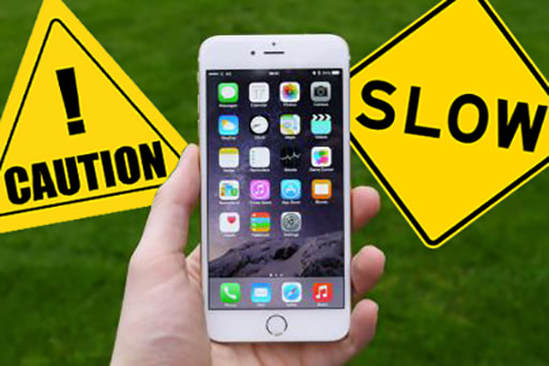
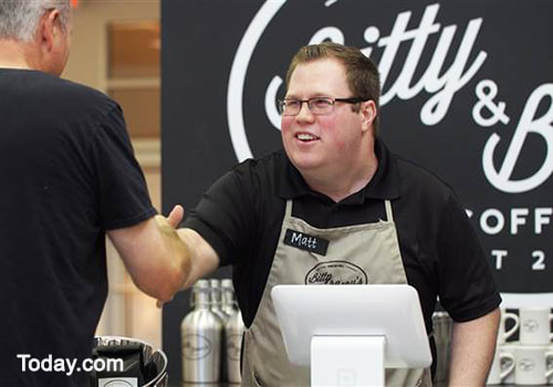
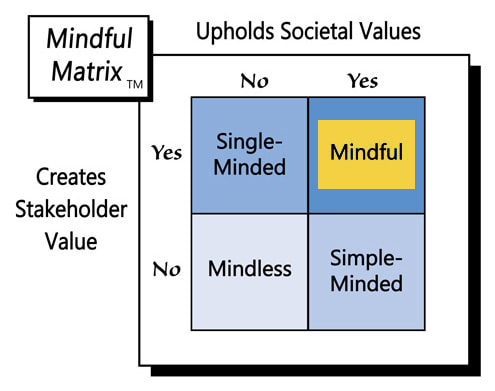
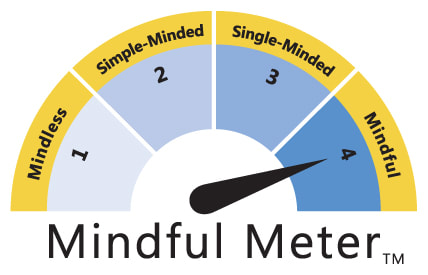
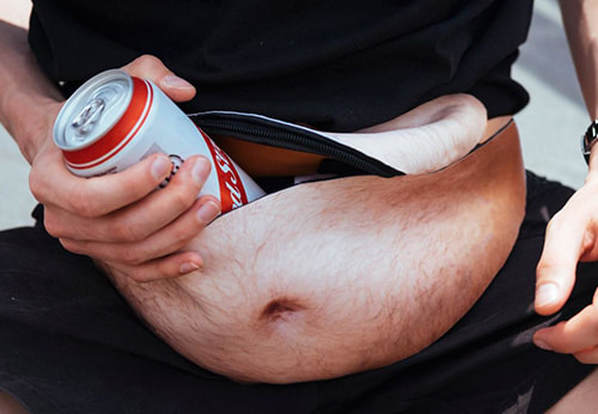
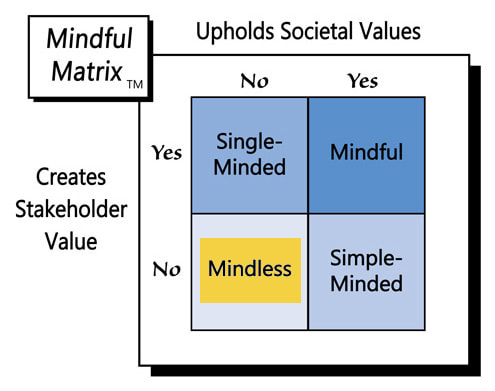
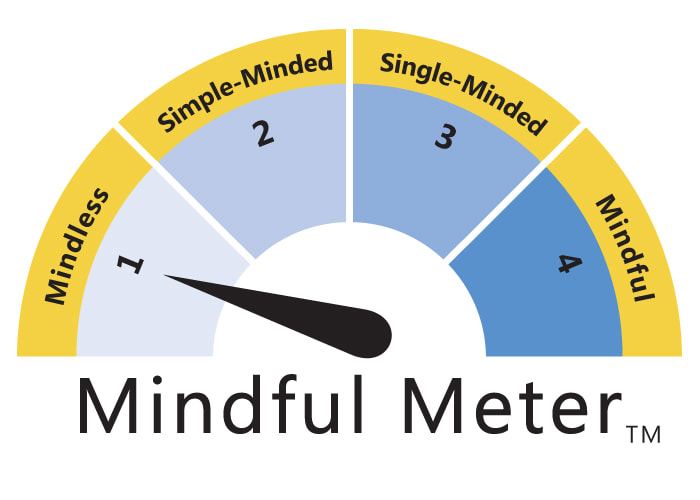
 RSS Feed
RSS Feed